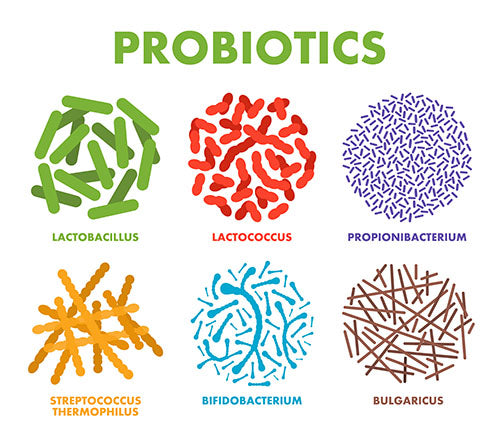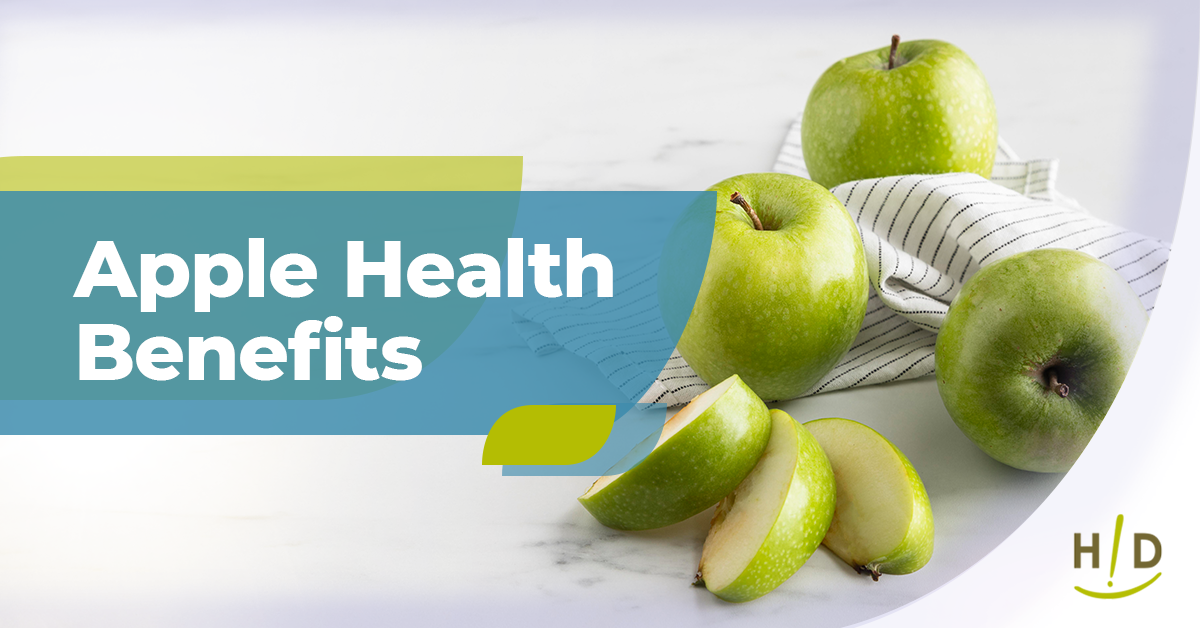Eating a healthy diet of plant-based foods may well offer the level of nutrients the body needs to thrive but it takes a healthy gut to reap the full nutritional benefits. The health of your gut or digestive system relies on a healthy supply of good bacteria to keep things running smoothly. When good bacteria levels are lacking, nutrient absorption is compromised, and so is the body’s immune system. This is where probiotics can help. Read on to see exactly what probiotics are and the health benefits they have to offer.
The Skinny on Probiotics
The body’s digestive tract houses trillions of bacteria organisms, both good and bad. There are actually more bacteria in the intestines, alone, than cells in the entire human body. Good bacteria support the digestive process in many ways, including:- Extract nutrients from the food we eat
- Help protect the body against harmful materials, such as bad bacteria, viruses, and pathogens
- Help keep digestion processes running smoothly
Good vs. Bad Bacteria
The digestive tract contains a mix of good and bad bacteria, though a healthy gut maintains about an 80/20 balance of good to bad. An unhealthy diet made up of fatty meats, sugary treats, processed foods, and refined sugars increases the number of potentially pathogenic bacteria in the gut. When the bad bacteria outnumber the good, these conditions open the door for sickness and disease to develop. Chronic health conditions like skin problems, allergies, weight gain, and even depression can develop as a result. Including a healthy dose of probiotics in your daily diet not only helps increase the number of good bacteria but also helps keep levels of bad bacteria in check.Benefits of Probiotics
Probiotics offer a range of health benefits. Since bacteria strains can vary, so can the beneficial effects, depending on the type of food or supplement ingested. Here are a few of the health benefits you can expect to reap from including probiotics in your daily diet:- Reduce inflammation throughout the body
- Promote healthy immune system functions
- Help with weight loss and weight management
- Help eliminate a range of digestive problems, including bloating, gas, and irritable bowel syndrome
- Support blood pressure levels within a normal range
- Allergy relief
- Support healthy cardiovascular functioning
- Provide relief from occasional constipation and diarrhea
Sources of Probiotics
Foods
While probiotics are bacteria-based, foods that provide the same benefits as probiotics contain a certain type of yeast. This yeast results from a fermenting process, so certain fermented foods can be a good source of probiotic materials. Fermentation involves converting the carbohydrate portion of a food into organic acids. Food-based probiotics also contain prebiotic materials, which act as food for the good bacteria that’s already in your digestive tract. Foods that offer probiotic benefits include:- Sauerkraut
- Kimchi
- Tempeh
- Pickled cucumber
- Natto
- Fermented kale
- Fermented beans






